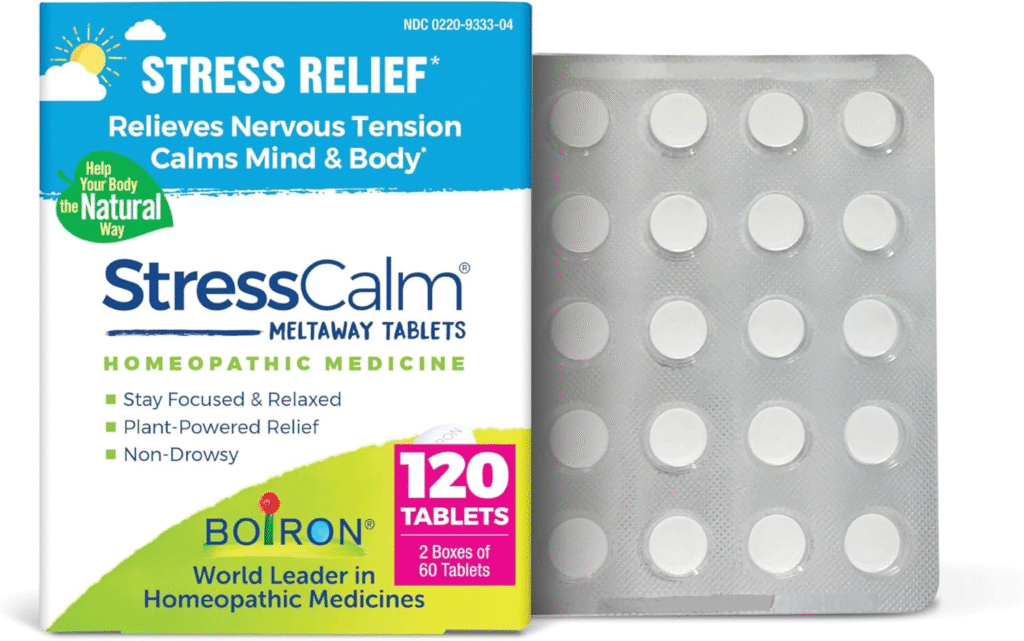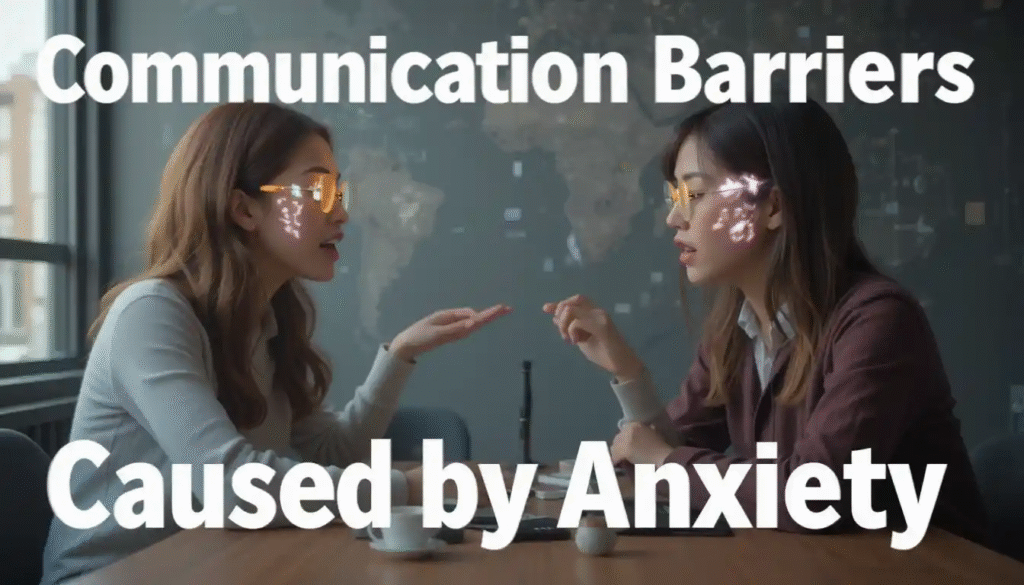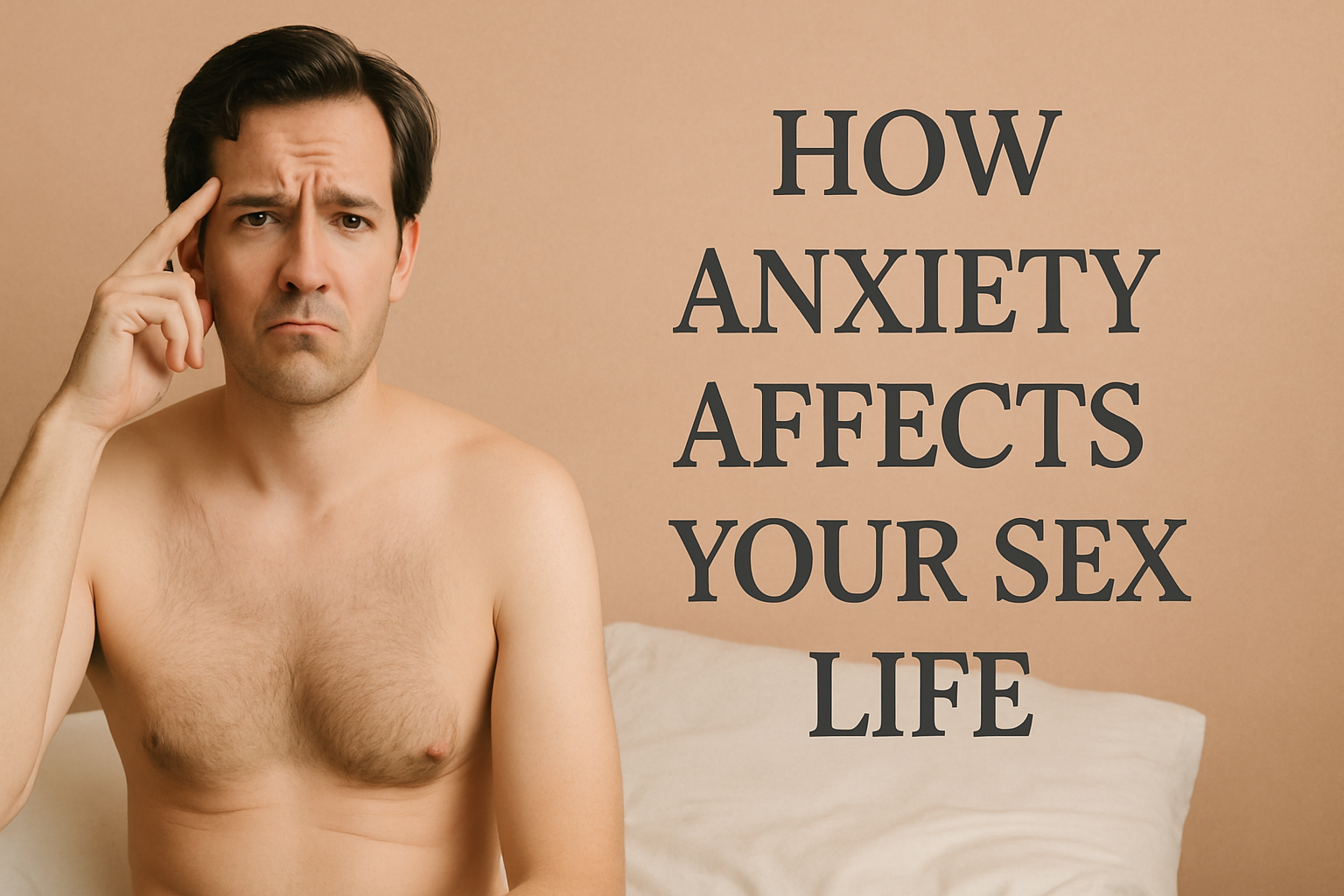
Anxiety affects many areas of adult life and intimacy is no exception. While stress responses are natural, ongoing anxiety can create emotional distance and physical barriers that reduce connection. Adults often report changes in desire, communication, and performance when mental stress increases.
In relationships, emotional security is important. But when anxiety takes over, the ability to relax and enjoy intimacy can decline. Both emotional and physical symptoms may interfere with sexual closeness. This experience varies from person to person yet it is common among those with chronic anxiety.
One option explored by adults is propranolol for anxiety. This beta-blocker is known for calming physical symptoms such as racing heart or trembling. When taken under medical guidance, propranolol for anxiety may reduce panic-like symptoms that affect confidence during intimacy.
The Link Between Anxiety and Sexual Health

When anxiety becomes chronic, the body stays in a heightened state. This fight-or-flight response affects hormones, sleep, and mood. For many adults, this state makes it harder to focus on pleasure or to trust their partner fully during intimacy.
Physiological signs like shallow breathing or muscle tension may reduce physical arousal. In some cases, anxiety causes premature ejaculation or erectile difficulties. For others, anxiety decreases desire altogether. Emotional concerns like overthinking, fear of judgment, or past trauma often surface in these moments.
Some adults try propranolol for anxiety before situations that trigger nervousness including sexual encounters. It is not a long-term fix but it may bring short-term relief by easing physical symptoms of stress. For those who struggle with performance anxiety, this option is worth discussing with a health professional.
Performance Anxiety in Intimate Moments

Performance anxiety is one of the most common ways anxiety disrupts sex life. The mind gets trapped in cycles of doubt. Thoughts like “Am I good enough?” or “What if I disappoint them?” may cloud the moment. These thoughts not only reduce arousal but also block emotional closeness.
Propranolol for anxiety is sometimes used before public speaking or exams for similar reasons. It helps reduce the body’s overreaction to perceived threats. In intimate situations, some adults notice they feel calmer when they try this approach.

Still, it’s not just about medications. Gentle lifestyle support plays a role. Practices such as mindfulness, breathing exercises, and emotional check-ins with a partner may also improve sexual well-being. Some adults prefer exploring natural scents such as pheromone perfumes as a part of emotional connection or relaxation rituals.

Communication Barriers Caused by Anxiety
Anxiety often leads to withdrawal or avoidance. It becomes harder to express needs or listen openly. When communication fades, misunderstanding grows. One person may feel rejected while the other feels overwhelmed.
This loop creates distance and increases stress. For adults in relationships, it helps to recognize that anxiety is not a choice. Building patience and compassion makes a difference.
Adults experiencing these issues may speak with a therapist. For those who feel paralyzed by physical symptoms, propranolol for anxiety can serve as a bridge. It may allow the person to remain calmer while they work through deeper issues in therapy.
The Emotional Weight of Anxiety in Relationships

Anxiety can carry shame. Many adults hide their struggles or pretend everything is fine. In intimate settings, this emotional weight becomes heavy. The fear of vulnerability may grow until avoidance becomes the norm.
Some adults turn to routines that offer sensory comfort. Wearing favorite clothes, playing calming music, or using pheromone perfumes as part of a soothing self-care ritual may provide emotional grounding. These rituals are not cures but supportive tools that some adults enjoy.
If anxiety continues to interfere with emotional bonding, mental health support becomes essential. With proper care, improvements are possible. Propranolol for anxiety is not a substitute for therapy but it may reduce immediate panic responses that block progress.
Sexual Confidence and Self-Worth

Anxiety often damages self-image. People feel unworthy or unattractive. This mindset creates tension in the body and mind. When confidence is low, desire drops. Even gentle touch may feel uncomfortable.
Improving sexual confidence involves rebuilding trust in oneself. Adults may explore different calming methods, such as yoga or journaling. For those with overwhelming symptoms, propranolol for anxiety may offer temporary stability to ease into healing work.
It’s important to remember that sex is not a performance. It is an expression of trust, care, and emotional presence. When the pressure lifts, many people rediscover intimacy with more joy.
Finding Calm: A Holistic View

Many paths can support emotional and sexual wellness. Some adults use propranolol for anxiety under professional supervision. Others practice daily habits like sleep hygiene or relaxation techniques.
Scent also plays a role in emotional balance. Soft fragrances such as pheromone perfumes can be explored as tools for creating peaceful spaces or enhancing mood. They are not a direct solution but may support emotional connection in subtle ways.
Restoring intimacy requires patience. Each step toward self-understanding brings a person closer to emotional freedom. Anxiety may feel overwhelming at times but it does not define one’s worth or ability to love.
Conclusion
Anxiety does not only affect the mind. It touches the heart and the body too. When sexual connection feels difficult, adults may feel alone or confused. But many are going through the same experience.
Options like propranolol for anxiety may provide a sense of calm for some. Others may find strength through emotional support, healthy routines, or exploring sensory tools like pheromone perfumes.
By understanding the impact of anxiety and exploring helpful choices, adults can rebuild trust in themselves and their relationships.
FAQs: How Anxiety Affects Your Sex Life
1. Can anxiety reduce sexual desire?
Yes. Anxiety often leads to reduced libido due to stress hormones and emotional tension.
2. What is propranolol used for?
Propranolol for anxiety helps reduce physical symptoms like shaking and rapid heartbeat.
3. Is propranolol safe to take for anxiety?
It is safe for many adults under doctor supervision but not suitable for everyone.
4. Does propranolol improve sexual performance?
Some adults report feeling more calm which may support performance but it’s not a sexual enhancer.
5. Can anxiety cause erectile dysfunction?
Yes. Psychological stress can interfere with arousal and blood flow.
6. Are there natural ways to improve intimacy?
Yes. Deep breathing, mindfulness, and emotional openness may support sexual connection.
7. What role do pheromone perfumes play in intimacy?
Pheromone perfumes may enhance emotional comfort and mood in some adults.
8. Can therapy help with sexual anxiety?
Yes. Therapy helps explore emotional blocks and build communication skills.
9. Should I tell my partner about my anxiety?
Many relationships improve when partners share honestly. Emotional safety builds trust.
10. Is propranolol a long-term solution?
No. It is typically used short-term and works best alongside emotional or behavioral support

